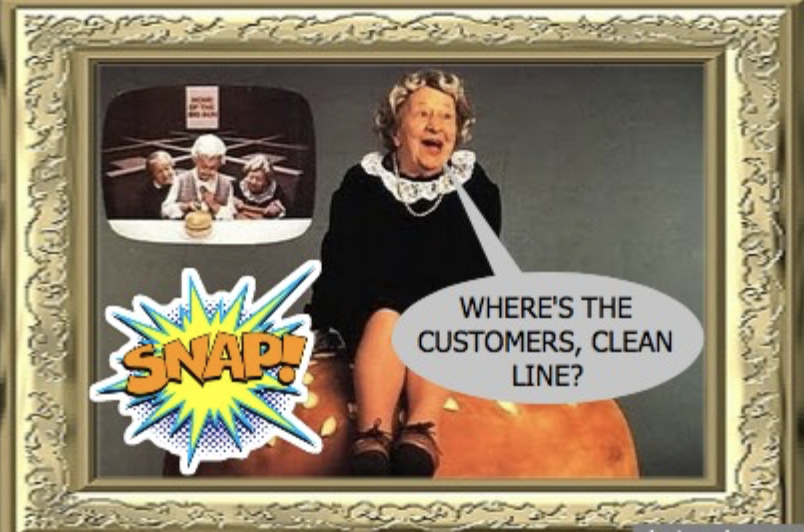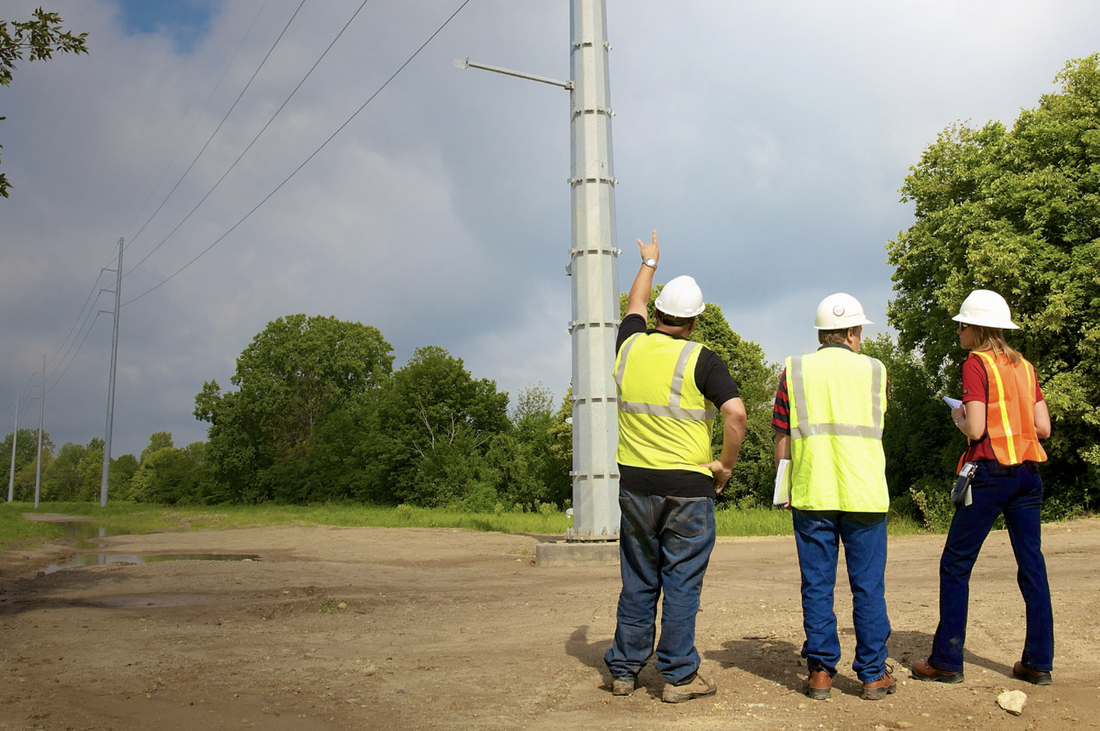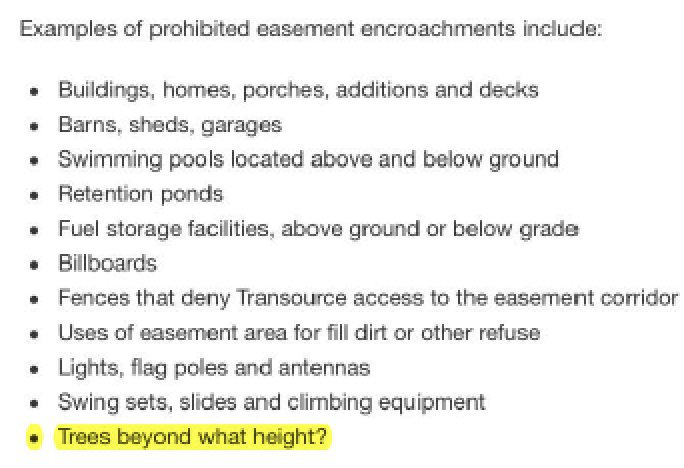The party doesn't start without Michael Skelly Not in his own home, anyway.
On Tuesday evening, Skelly and his wife, Anne Whitlock, hosted an intimate bash for the Houston Parks Board inside their loftlike EaDo residence, Firehouse No. 2. The founder and president of Clean Line Energy Partners arrived fresh off a flight from Washington, D.C., making quite the midreception splash.
Michael Skelly's wind energy party also doesn't start without thousands of landowners across the Midwest, and they haven't been impressed. In fact, Michael Skelly's ego, false bravado, and ability to create personal puff pieces in the media are one of the root causes of Clean Line's failure.
Transmission opponents realize the transmission guys and gals they intersect with are just doing their jobs, for the most part, and their dislike is related to the lies these employees are paid to tell. Maybe some of these transmission folks would be likeable in the real world, but we're unlikely to ever know them in that way... because their personal lives aren't splashed across major newspapers in an egotistical fashion.
And then there was Michael Skelly.
Michael Skelly happened to be in the right place at the right time when wind was a new thing. He made a fortune flipping a small wind company to Goldman Sachs. But was it so much his genius and business acumen that caused it, or was it serendipity? There are plenty of businessmen who create a string of business successes through intelligence, strategy, and opportunity. I think one of them has Michael Skelly on a leash right now. But it appears that Skelly's success was a one-off that has been squandered in its aftermath by pure self indulgence and a gigantic ego. I can't find anything else at which Skelly succeeded (because jungle trams in third world countries really don't impress me).
He ran for Congress... and lost.
Then he had an idea to start a transmission company that wanted to build more than 2,000 miles of new transmission across the Midwest. That hasn't worked out so swell, either.
Landowners threatened with eminent domain to make way for Skelly's projects have been treated to a string of revolting newspaper articles about Skelly's charmed life in Houston, all while he was intent on systematically destroying their own simple way of life, and their farm businesses. Ya know, there is internet service in Mayberry now, and "a bunch of farmers" know how to use it.
First there was the big to do about Michael Skelly selling his rich man's home in one of Houston's best neighborhoods (on Robin Hood Street no less, the irony of that was not lost on anyone, because farmers also read the classics) and buying a run down firehouse in a not so nice neighborhood. Opponents had a bit of fun taking a virtual look at Skelly's Robin Hood home, complete with zebra pelt on the floor of the study and a farmhouse sink (lifted from a real farmhouse to imitate trendy shabby chic fakery in a home that's only claim to "farm" is most likely in the pantry on a bag of Pepperidge Farm Goldfish?). Thanks for that. It helped the landowners see how the other half lived... if that's what you want to call occupying that movie set dwelling. So, here's this guy who lives in a fancy house in the city who wants hardworking regular folks to sacrifice their business, their finances, their sense of place, to make way for a transmission line that won't benefit them in the least. And he lives like a king. No transmission line in Michael Skelly's backyard. Not In Michael's Back Yard.
So then this guy pretends he's slumming at a dilapidated fire house. Except that remodel is probably really, really expensive, and then he buys up other dilapidated homes in the area and has them moved to his "compound." A compound? This guy has created his own little fiefdom with a "compound?" Yeah, lifestyles of the rich and famous. And then he hosts a bunch of snob parties at his firehouse that are reported in the city paper. When there's a party down on the farm, nobody thinks to invite the media. Probably because no one wants to pose for glittering glamour shots, cocktail in hand. "Look at me, world, I'm so important! Even the cocktails I drink are worthy of being news!"
And Michael Skelly is quite intent on remaking Houston into the town of his dreams.
Walkability. Do you know how far a farmer walks each day to produce the food you serve at your glittering parties? The safari costume was a nice touch, Michael Skelly.
Bike trails. Bike repair stations. Because when you don't have any wide open spaces to recreate on your mechanical devices, things get a little cramped, right?
Trees.
Parks.
City growth. Urban development. Is this about not having enough parking again?
Hurricane heroics. This was probably the pinnacle, the straw that broke the camel's back, for many landowners struggling against nature and recovering, year after year. And their did it on the land, with blood, sweat and tears, not with their feet up on a table.
And the vanity pieces on energy. Where Michael Skelly tells reporters that he builds transmission lines. And gives them tours of his deserted office.
This is what the landowners Michael Skelly wanted to "partner" with to host his transmission lines saw. Day after day. Year after year. While Skelly performed his heroics for the press, the landowners lived under a threatening cloud that Clean Line would condemn their modest homes, their parks, their community development, their history, their genuine farmhouse sinks, their trees, their livelihood, their way of life, to make way for a transmission line that would only make Michael Skelly richer and feed his insatiable ego.
It wasn't a good plan. Someone attempting what Michael Skelly was attempting should have lived his rich man's life a little quieter. It's impossible to like the public persona Michael Skelly has created. It's impossible for regular, hard-working folks to develop any rapport with someone whose glittering lifestyle is so alien from their own, especially when it's constantly thrown in their face -- Michael Skelly matters, and you do not. No matter what this guy was trying to sell to Mayberry, he was destined to failure.
Perhaps he should try again for a career in politics... in Houston, where the poor and downtrodden are suitably impressed with his philanthropy and ego. Mayberry was not.





 RSS Feed
RSS Feed